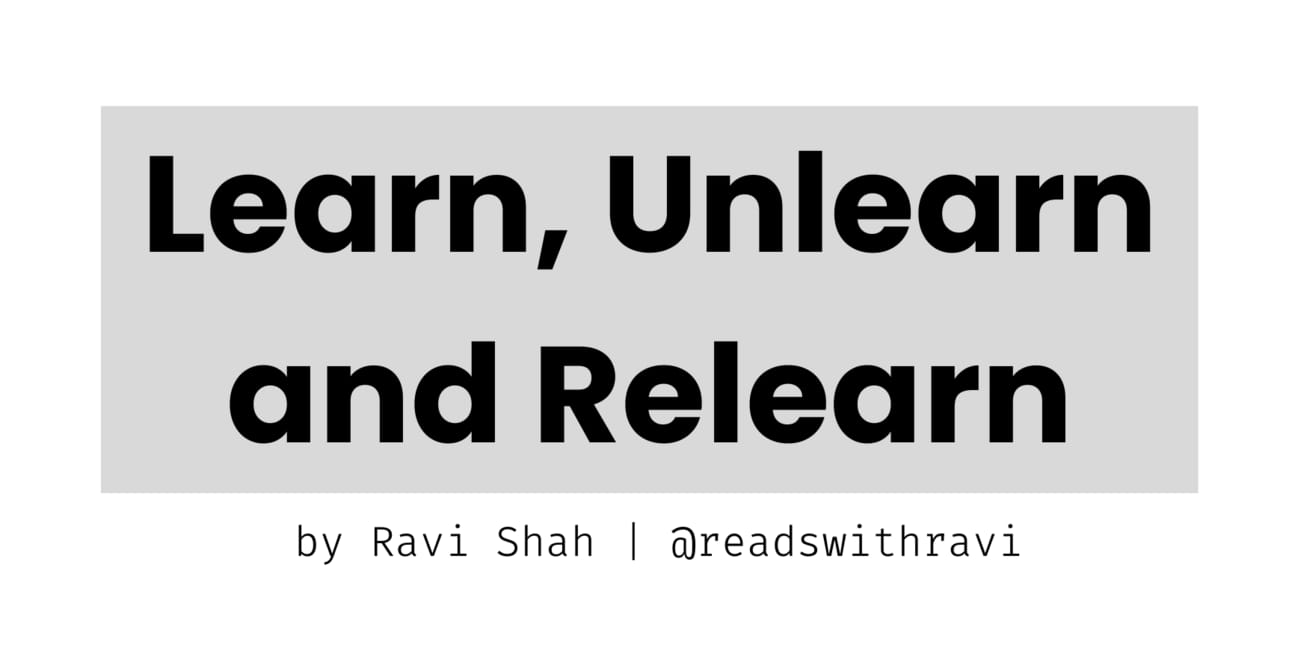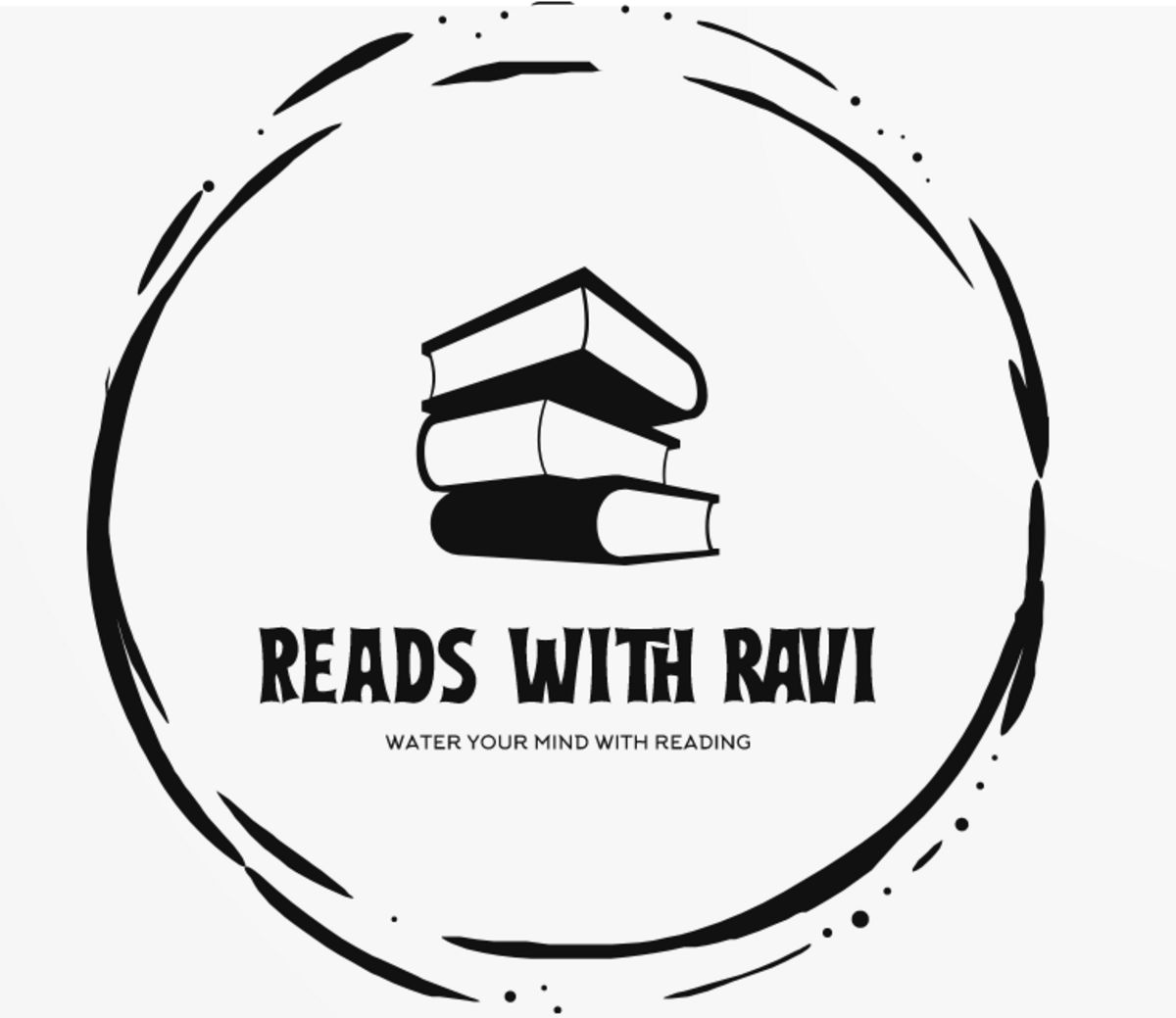
Join 400,000+ executives and professionals who trust The AI Report for daily, practical AI updates.
Built for business—not engineers—this newsletter delivers expert prompts, real-world use cases, and decision-ready insights.
No hype. No jargon. Just results.
Happy Thursday folks!
Here is my favorite passage of the week, two quotes and book of the week with two important lessons to ponder on:
Passage of the Week:
Stoic Philosopher Lucius Annaeus Seneca on loyal friendship:

From On the Shortness of Life by Seneca
Two Quotes:
“You don’t have to get it perfect; you just have to get it going.”
“What you don’t know can become your greatest asset if you let it. If you’re open to learning and asking questions.”
Book of the Week with 2 Important Lessons:
The book of the week is What You're Made For: Powerful Life Lessons from My Career in Sports by George Raveling and Ryan Holiday.

This book is more than a memoir. It is an exploration of purpose and meaning. It is stories and lessons to inspire, to challenge, and to provoke thought about the roles we are each called to play in this complex, beautiful life.
Orphaned at just thirteen in a still-segregated Washington, D.C., George Raveling was introduced to a relatively unpopular sport basketball in high school. The rest, as they say, is history. Raveling went on to become one of the most beloved coaches of all time, a mentor to legendary athletes, and a confidant of the sport’s greatest coaches, including Bob Knight and John Wooden. He brought Michael Jordan to Nike for one of the most important partnerships in the history of sports: the Air Jordan. He led the 1984 U.S. men’s Olympic team to their ninth gold medal.
In this book, Coach Raveling tells the story of his extraordinary ascent, sharing incredible behind-the-scenes stories of his days working with the best in the game. As you turn these pages, the coach invites us to confront the whys of our existence, to question what it means to live a life of intention and meaning, to ask . . . .What You’re Made for?
Here are two important lessons from the book:
1) What You're Made For? – To Struggle
Our struggles give meaning to our triumphs. We think we want things to go our way. We think we want to get our way immediately. We think we want things to be easy. We are mistaken. “What man actually needs is not a tension-less state.” Viktor Frankl explained, “but rather the striving and struggling for some goal worthy of him.”
In life, it’s easy to focus on the end result, to think success is only about the final outcome. But the real magic lies in the journey, the times when you had to push yourself, when you questioned whether you were going to make it. As you face your own challenges, remember this: The struggles you’re enduring now are shaping you, preparing you for something greater. They’re not obstacles to be avoided, but opportunities for growth. When you face setbacks in your career, your relationships, or your personal goals, remind yourself that these are the moments when you’re being forged. They’re the foundation of future success, even if it’s not immediately clear.
Embrace them. Learn from them. Because one day, you’ll look back and realize that these struggles were the most beautiful part of your journey. They are what shaped you. They are what made you.
2) What You're Made For? – To Study Books
In a world where information is readily available at our fingertips, the ability to deeply engage with ideas, to synthesize information, and to apply knowledge creatively is more valuable than ever. And there’s no better way to develop these skills than through the dedicated study of books.
From George Raveling: Books liberated me. They became my GPS, guiding me through unfamiliar territories of knowledge and experiences. They became my mentors, offering wisdom and insights from some of the greatest minds in history. They became my best friends, always there when I needed them, never judging, always ready to share their stories and ideas. Books took me places I had never been and taught me lessons I never would have learned on my own. This liberation through literature was more than just metaphorical. Each book I read expanded my world, challenged my assumptions, and gave me new tools to navigate life’s challenges. They provided me with a vocabulary to articulate my experiences and aspirations. They showed me possibilities I had never imagined for myself. Even works of fiction broadened my empathy and understanding of the human condition in ways that would enrich my relationships and my approach to mentoring others.
When you read a book, you do it mainly for entertainment or general interest. But when you study a book, you engage with the material on a deeper level. You read with greater focus and intention, taking notes, asking questions, connecting ideas. You’re not a passive consumer, but an active learner on a quest for knowledge and wisdom to apply to your life.
Books – I am currently reading:
Rereading Digital Minimalism by Cal Newport. In this book, he outlines a practical philosophy and plan for a mindful, intentional use of technology that maximizes its benefits while minimizing its drain on our attention, focus and time. Demonstrating how to implement a 30 day digital detox, this book will help you identify which uses of technology are actually helping you reach your goals, and which are holding back.
The Math of Life and Death: 7 Mathematical Principles That Shape Our Lives by Kit Yates. A brilliant and entertaining mathematician illuminates seven mathematical principles that shape our lives. Through fascinating stories and examples, he shows how math is the beating heart of so much of modern life.
READING TIP: Read Widely with Curiosity and Openness
It’s vitally important to read as widely as possible and to explore topics outside your comfort zone. This is how reading leads to growth. Approach them with curiosity and openness.
Let them spark your imagination and challenge your assumptions and inspire you to delve deeper into subjects that pique your interest. In doing so, you will be embarking on your own journey of lifelong learning.
Thank you for reading and all your support.
I am excited to keep bringing you the new and old books, great insights, and lessons.
Until next week, stay curious and happy reading!
— Ravi Shah | @readswithravi



